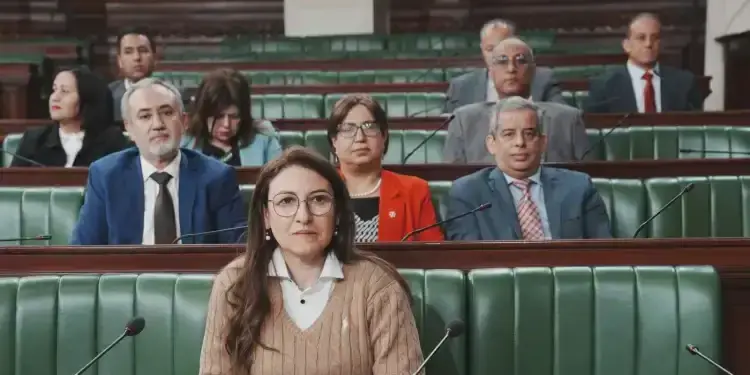The Minister of Finance, Michket Slama, announced on Tuesday April 8, that her ministry is actively working on the revision of the state budget for 2025, in order to better adapt the economic forecasts to the new realities of a global context in constant evolution.
Budget adjustments for a more resilient economy
During a session at the Assembly of People’s Representatives, the Minister said that the government’s objective is to make the economic hypotheses of the budget more coherent with current global dynamics. She also added that her minister finalizes the finance bill for 2026, which will soon be subject to consultation with other ministries and institutions.
This revision is in a broader economic reform aimed at reducing Tunisia’s dependence on external loans. One of the government’s priorities is to strengthen the country’s self -financing by mobilizing its own resources, which implies rigorous control of public spending and efforts to stimulate economic growth. With this in mind, the State implements measures to rationalize tax advantages, fight the parallel economy and fight tax fraud.
A tax reform to lighten the household charge
An important aspect of this reform concerns the income tax scale. According to Michket Slama, the finance bill for 2025 provides for a significant reduction in taxes for more than 60 % of taxpayers, in particular civil servants. This measure, which will cost 693 million dinars to the state, aims to alleviate the tax burden of households and to improve their purchasing power.
Monetary flow regulation: a new exchange law law
In addition, the Minister said that the exchange bill is almost ready. This reform, which will regulate monetary and financial flows, will soon be subject to parliament and will bring significant changes in the economic management of the country.
The bicameral system to strengthen legislative transparency
Finally, this budget revision is part of the implementation of the bicameral system, established by the Constitution of July 25, 2022. This system aims to strengthen the efficiency and transparency of legislative processes, thus marking an important step in the institutional reforms of Tunisia.








